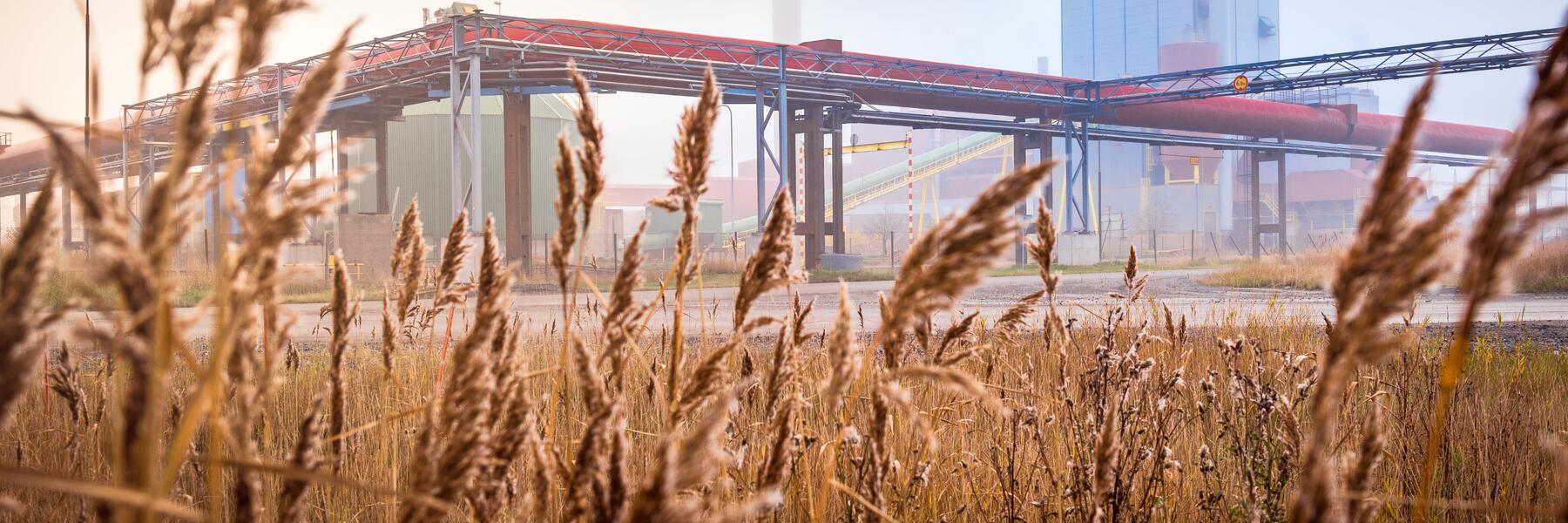

In the Kokkola Industrial Park, particular attention is paid to environmental issues and sustainable development. Environmental, health, and safety matters are an essential part of the responsible business activity. Responsibility for environmental issues means, among others, that companies constantly try to reduce their emissions, improve their performance, assess and reduce risks, and anticipate environmental impacts in changing circumstances. Moreover, responsibility means that the companies openly inform about environmental issues.
The cooperation within Kokkola Industrial Park’s Association has been intensified by setting up a KIP Environmental Working Group, which consist of environmental professionals from various companies in the area. The task of the group is, among other things, to find new solutions and opportunities for cooperation and to share information and experiences on good environmental practices.
Kokkola Industrial Park’s chemical cluster is a prime example of developing the circular economy in the environment, whose growth potential is still significant. The operators are genuinely linked to each other and in the background of the long history, there is a strong know-how. KIP’s production companies implement the synergy between the company’s production process and the further processing of by-products arising therefrom. Thus, material and energy flows become more efficient and the amount of process waste can be significantly reduced. In the Park, various side streams have been mapped and exploited and the activities have been intensified in the spirit of circular economy. The establishment of Kokkola Industrial Park’s Association in 2006 was significant from the perspective of Park’s development. KIP’s Association has participated in numerous development projects, among others, in Central Ostrobothnia region’s comprehensive knowledge center, Biovalley. Kokkola Industrial Park is a member of European Chemical Site Platform (ECSPP). In 2018, KIP was invited to participate in the national project "Industrial symbiosis competence and operating model dissemination in Finland", organized by Kemin Digipolis (funded by Sitra).
Circular economy’s diverse synergies and functional infrastructure create interesting conditions also for new technologies and products emerged from the combination of chemistry and bioeconomy.
Companies in the Park together with environmental authorities and stakeholders cooperate closely with Kokkola’s air quality, sea and groundwater joint monitoring, environmental impact assessments, and fish plantings. Joint monitoring programs for environmental impacts has started in the 1970's in Kokkolan and in the KIP’s area and is now Finland's most versatile.
To read the joint monitoring reports, visit the websites of City of Kokkola and Pohjanmaan vesi ja ympäristö ry (the regional water and environmental protection association). The reports are mainly in Finnish and Swedish.